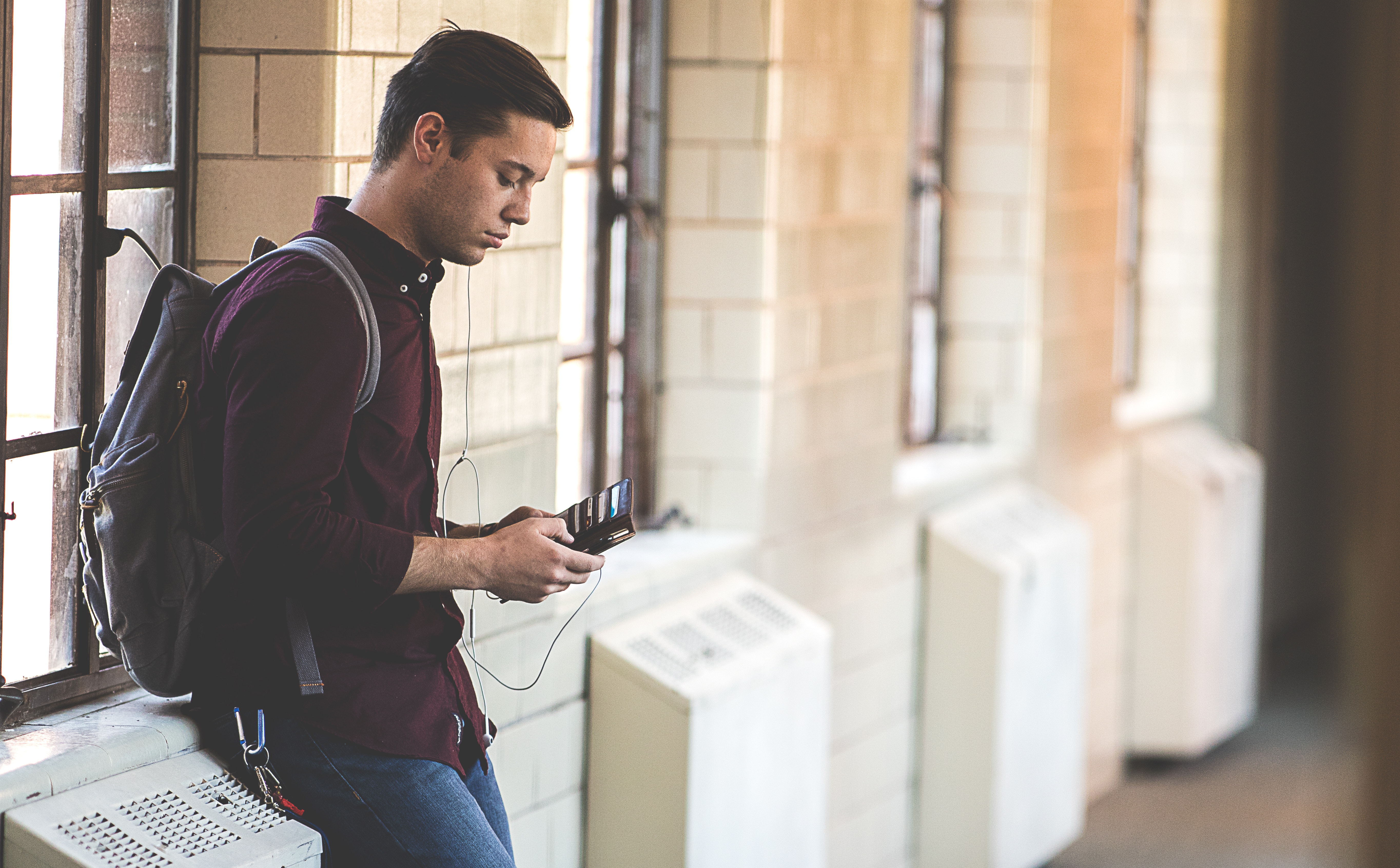Going to college is awesome. Your dorm becomes your home away from home and your roommates (hopefully) become like family. You share everything from classes and gossip over lunch in the dining hall to shared frustration over that last question on the biology quiz. Life is great until it’s not. In the midst of all this freedom, a part of you feels like you’ve traded in the watchful gaze of your parents for that of an unwelcome stranger (or worse, former SO). It can be difficult to convince yourself that the person following you around campus and leaving strange “gifts” is a stalker but you cannot seem to shake the icky feeling you get every time they coincidently show up to your job, or outside of your class, and in your dormitory.
Experts believe the routine nature of campus life puts college students at a greater risk for stalking than the general public. Pair this with the prevalence of apps that share your location with the public and it’s clear that it’s easier than ever for stalkers to track a person’s whereabouts. Patrick Brady, the doctoral research assistant at Sam Houston State told the Huffington Post that college campuses are “kind of like Disneyworld [for stalkers] — you basically know where a victim is at all times.”
Despite the high probability of being stalked on campus, victims may find it difficult to justify their concerns to their peers. Still, there are many on-campus resources available to anyone seeking help.
Title IX

Title IX protects students from various forms of harassment including stalking. Once you’ve filed a stalking complaint, a report that details your experience with a stalker, your college can take the necessary steps to initiate an investigation into the harassment.These steps could include an on-campus restraining order or change in your class schedule and/or dorm room.
Campus Security
Campus security is available to all students in immediate need of help on campus. Having your campus security number in your phone can help you in situations where you feel vulnerable. Security can even escort you to your dorm and check your apartment for signs of an intrusion. And, if you believe you’re in immediate danger they can assist you until the police have been notified.
Blue Light Emergency Systems
Many colleges and universities have the Blue Light Emergency System strategically located in places around campus. They have been credited with reducing crime and creating a sense of safety on campuses. The Blue Light Towers would allow you to call for immediate help in situations where you believe that you’re being followed or are in danger.
Resident Directors and Advisors

If your stalker comes into close proximity of your dormitory, you may want to speak with a Resident Director or Advisor. After a close encounter with your stalker, a Resident Director/Advisory can connect you with other campus resources that will keep you safe and away from your stalker.
Dean of Students
The Dean of Students handle violations of campus policy and misconduct. Explaining your concerns to the Dean of Students is important if you’re being harassed. Before approaching them, document every encounter with your stalker including text messages and call history and show this documentation to your Dean of Students so that you can prove your case beyond a reasonable doubt
Campus Counseling Services
It’s common to feel anxious after encountering a stalker. On-campus counseling services can assist with strategies to overcome traumatic stress. These counseling services can also help you to refocus on school, work, socializing and other important college experiences that situational anxiety could hinder.
Your Friends
One of the great parts of college is all of the close friends you will make. Use the buddy system when coming back from late nights at the library, gym, or dining hall. Letting your friends know you would like to avoid being in tagged locations on social media for a while can help keep your whereabouts less accessible.
If you want to learn more about stalking and what you can do to keep yourself and your loved ones safe, visit the Stalking Resource Center or call 800-FYI-CALL (800-394-2255) Monday through Friday, 10 a.m. to 6 p.m. EST. And check out our top 5 picks for resources on stalking.
Browse by Category

How to Have Healthy Holiday Conversations with Family (and Prep Your Partner)
The holidays are a time for family, good food, and—let's be real—sometimes intense conversations. Whether it's politics, lifestyle choices, or…
3.2 Million Strong: How One Love is Saving Lives Through Education
Please share this blog with your network across social media,…
Finding Strength in Our Stories: Domestic Violence Awareness Month
⚠️ Trigger Warning: This blog includes content and language related…
Understanding Domestic Violence Awareness Month (DVAM)
October is almost here, and that means it’s time to…
4 Students Share How They Helped a Friend in an Unhealthy Relationship
Watching a friend struggle in an unhealthy or abusive relationship…














